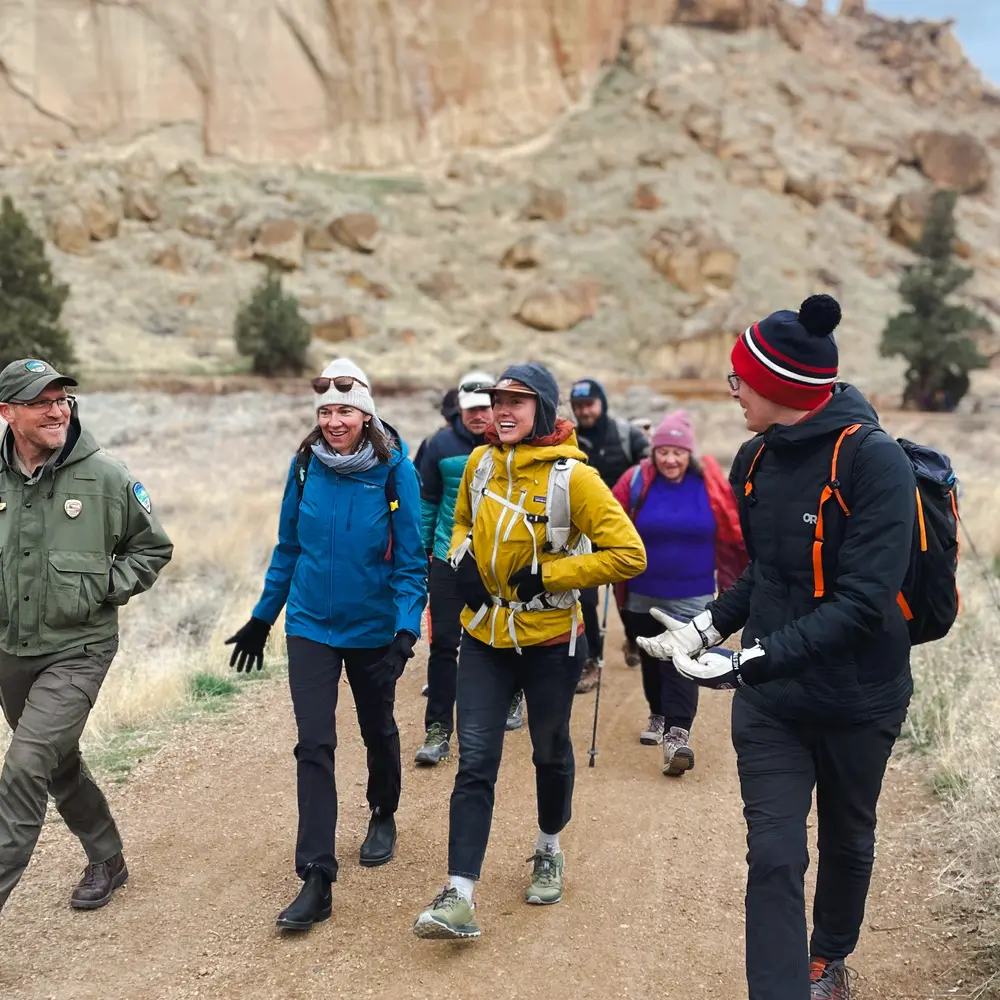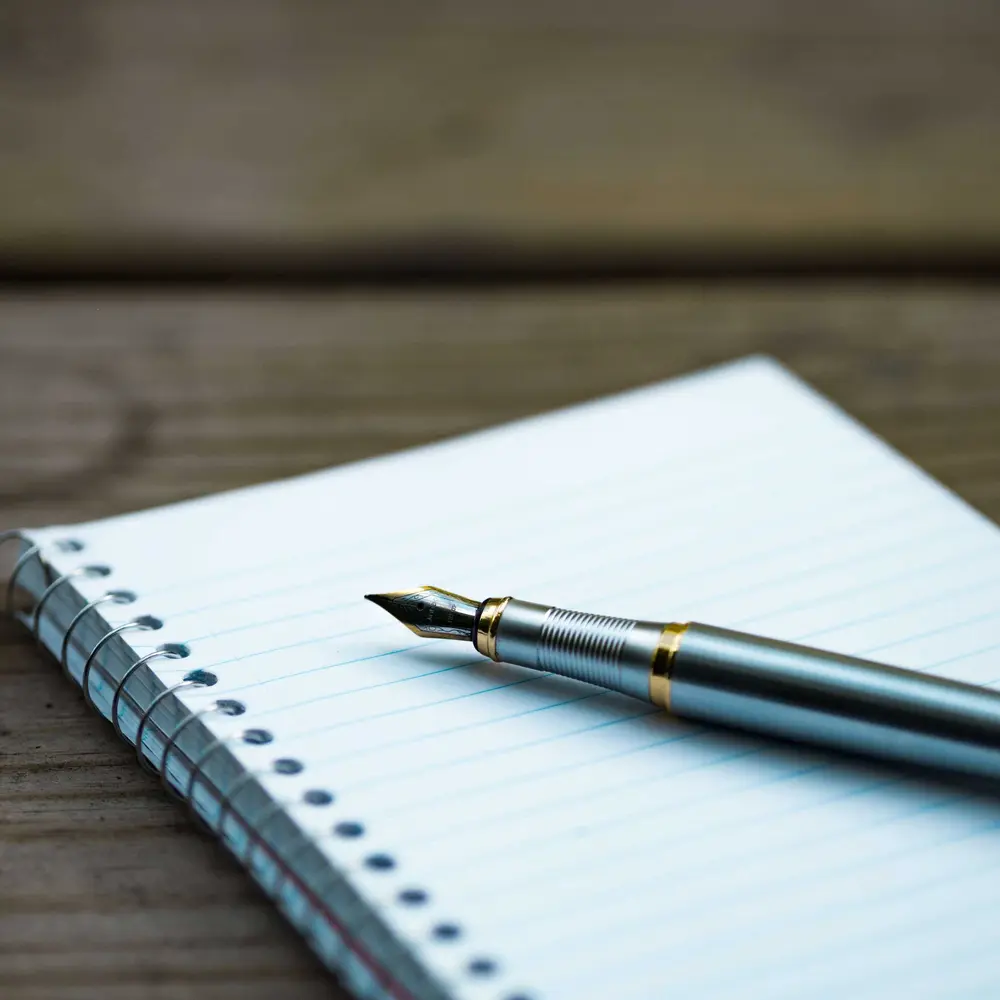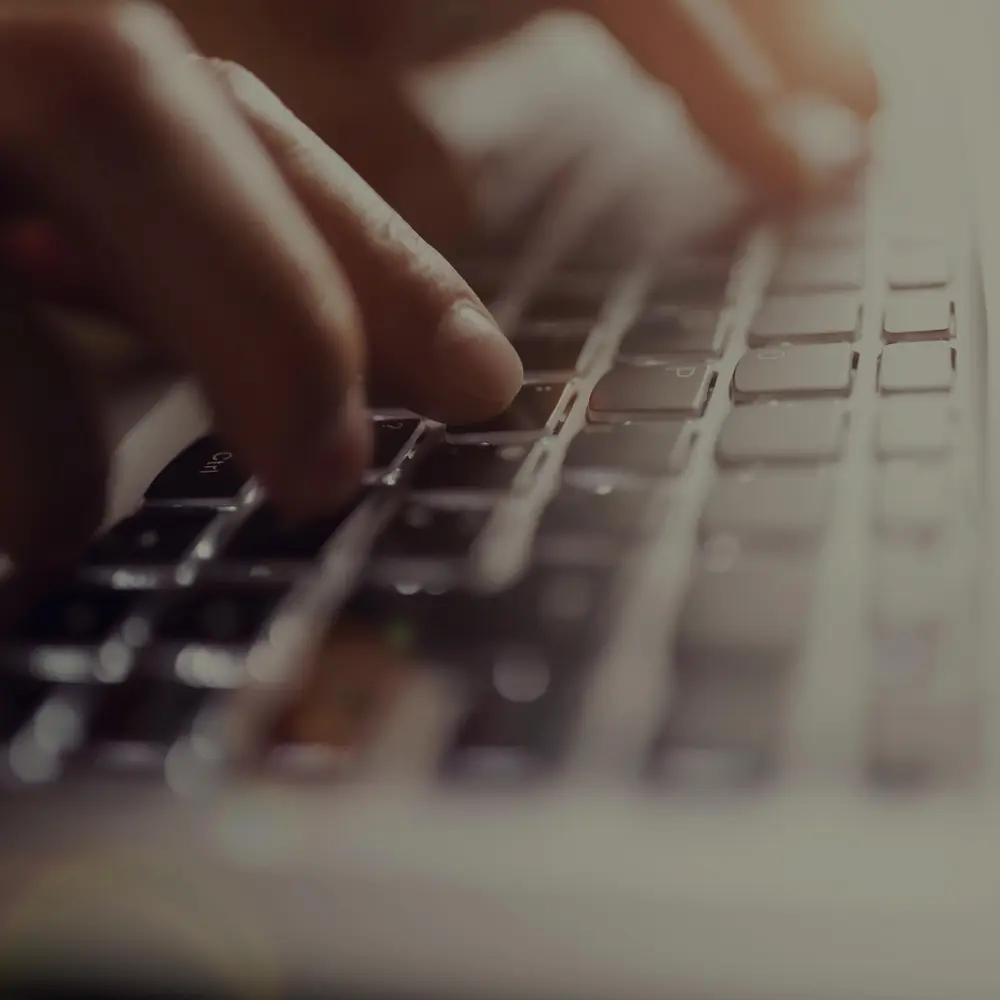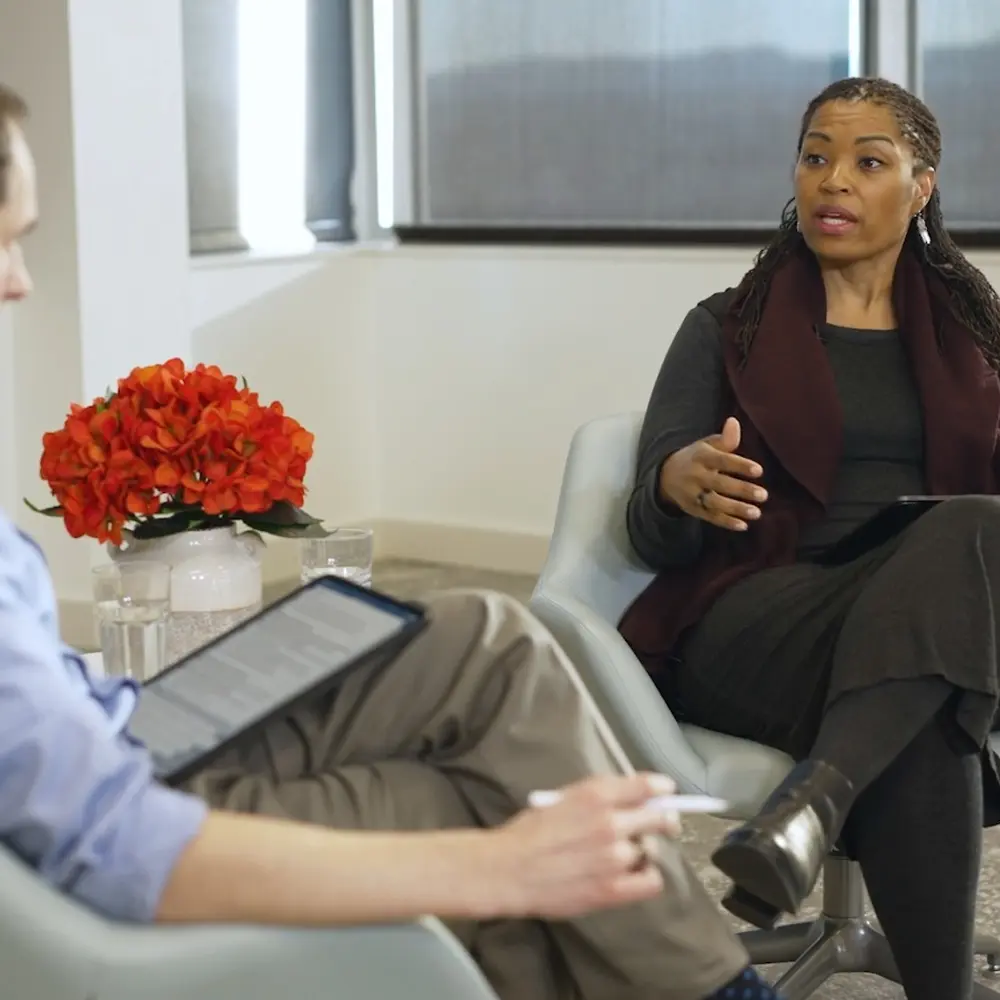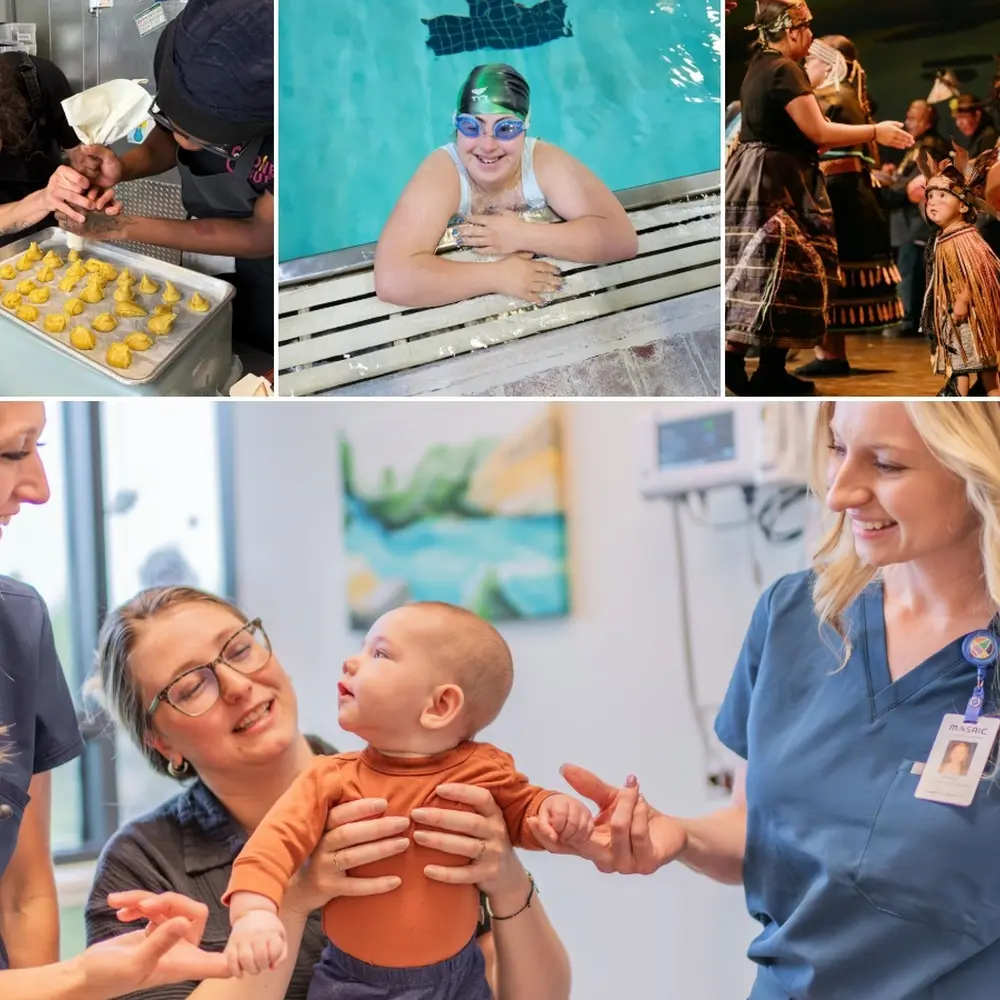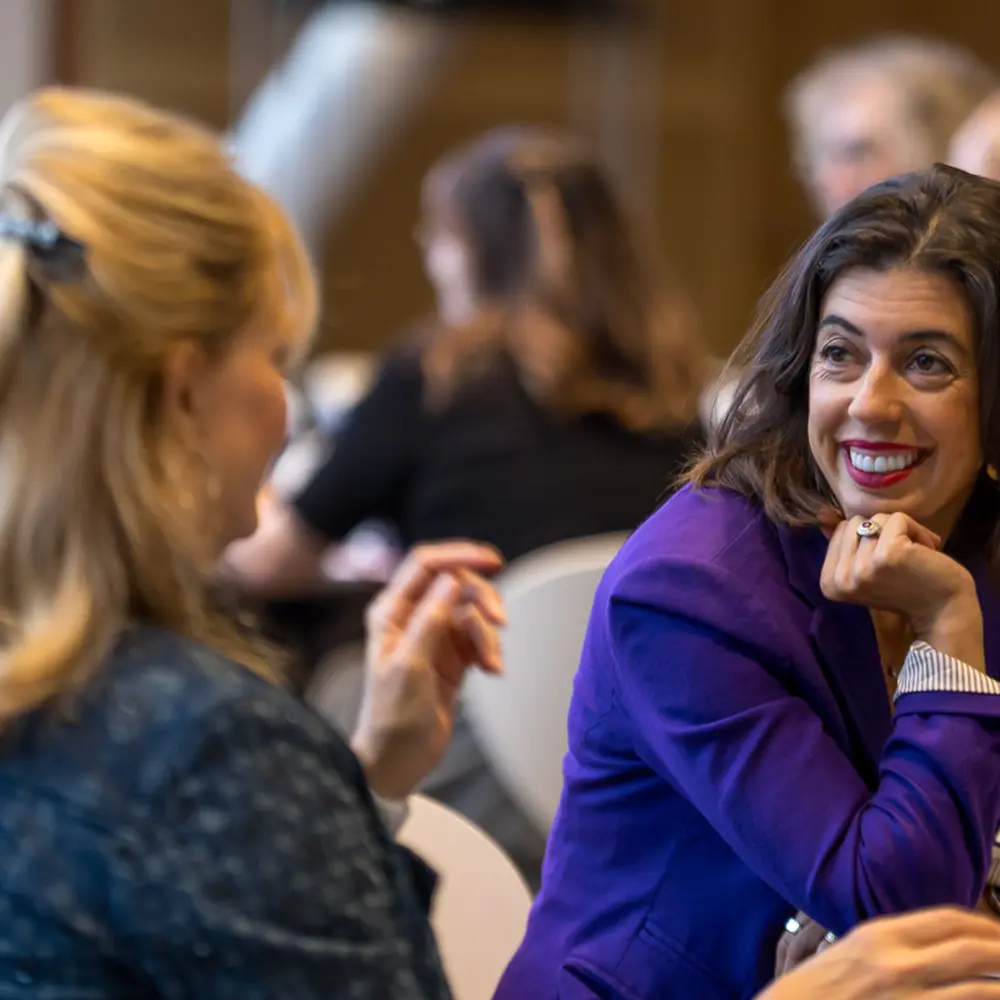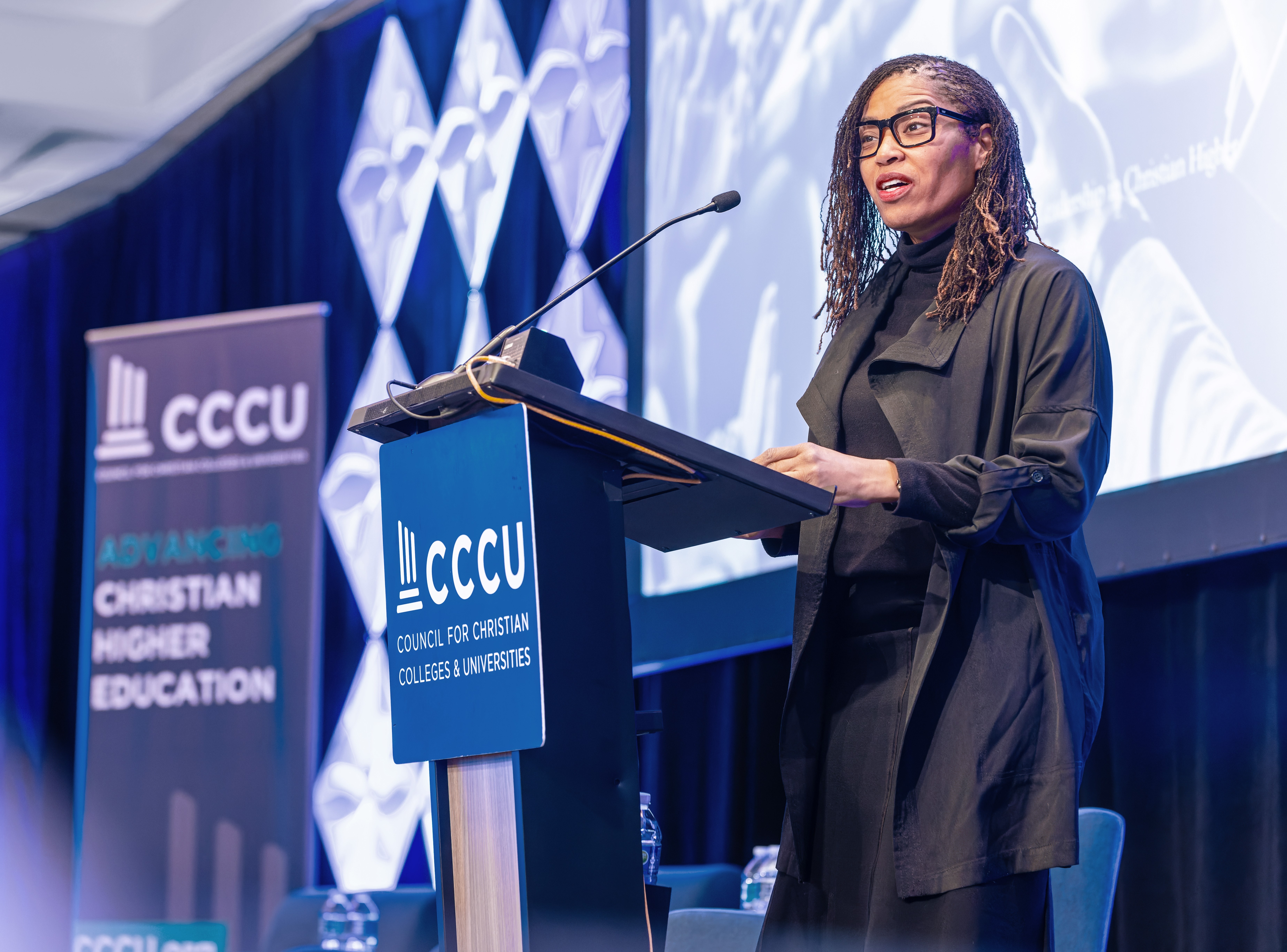
Earlier this month I had the honor of speaking at the Council for Christian Colleges & Universities (CCCU) Presidents Conference in Washington, D.C. The topic I had agreed to speak on was “Having Faith in Democracy” – a topic that felt increasingly daunting as the day approached given all that is happening in the country, and more specifically, in the social sector. It seems increasingly complex to not only navigate our philosophical divides, but also our language divides. We are not only affected by the different ways we think about problems and solutions; we are divided by the ways we speak about them. In times when we experience what feels like existential and overwhelming crisis or confusion and the stakes are high, the adage “seek first to understand” can be lost. Communication itself becomes a risk at a time when moving, common, and deeply shared values hangs not only on making good decisions, but also on being able to communicate them to stakeholders across a wide variety of viewpoints.
This month’s update shares the heart of that speech given to that group of university presidents who gathered in D.C. from around the world. Because no matter our sector, job title, political persuasion, or spiritual convictions, we all find ourselves caught up in a democracy in tension.
As we enter 2025, I have been struck by conversations with friends and colleagues that reveal a shared yet rarely spoken feeling – one that transcends ideology or voting patterns. Beneath our different worldviews, values, and priorities, there is a common undercurrent: concern, worry, anxiety, and even fear. This stems from the truth that democracy, by its very nature, means that in any given election, nearly half the population can feel as though they’ve lost. When victory for one group feels like defeat for another, we all ultimately lose. This isn’t a statement of despair but of recognition. A fractured nation, one where unity feels like an afterthought rather than a shared goal, is weaker than one that can find ways to work together. Governance for all is the important ideal that has to emerge after any election, regardless of who wins or loses it.
It’s this reality that has led me to reflect deeply on the concept of hope. Hope not as a vague, sentimental feeling but as a tool—a means by which we move forward in difficult times. We live in a pluralistic society. That is a given. No single ideology or party holds a monopoly on wisdom, and no democratic system can thrive if winning and losing become the only measures of success. The true goal of democracy is not merely electoral victory, but the collective pursuit of human flourishing—the kind of prosperity envisioned in Adam Smith’s The Wealth of Nations and The Theory of Moral Sentiments, where the strength of a society is measured by how well its people thrive.
So, while I recognize and champion the importance of pluralism, civic engagement, and the protection of freedoms and liberties, I also want to focus on how hope—properly understood—can be our greatest asset in moving forward. Hope, in this sense, is not naive optimism or an excuse to ignore real problems. It is not a passive longing for a better future, nor is it a denial of the present challenges we face. Instead, hope is a discipline. It is a deliberate choice to see possibility where others see only division. It is the conviction that even in a moment of uncertainty, our actions can shape a future worth believing in.
Hope as a tool for positive transformation means choosing faith over cynicism, even when the evidence for despair feels overwhelming. It means recognizing that while the road ahead is difficult, it is not impassable. It means understanding that the thin threads of possibility can still weave a tapestry of renewal. Hope, when wielded with intention, is a force that compels us to build rather than retreat, to imagine solutions rather than resign ourselves to problems, to mend rather than divide.
Uncertain times increase anxiety and fear. When fear throws a party, it invites cynicism, apathy, and division to join. Together, they undermine progress toward excavating our more deeply held values, which are essential to identifying the least harmful and best mutually sacrificial solutions —solutions we desperately need in times like these. Solutions that are forged by leaders who have hope and the ability to chart a way forward through the fog of confusion.
I do not know exactly what the future holds. But I do know this: I enter it with hope, having a belief in how we will do the work ahead and achieve outcomes that I do not yet see, but dare to believe are possible.. I am hopeful because I have seen the character, resilience, and goodness of those around me: family, colleagues, organizational leaders, neighbors, strangers, and friends. I am optimistic because, despite our divisions, I believe we still have the capacity to respect one another, to work for the common good, to empower the marginalized, and to stand up for what is right.
-Romanita Hairston, CEO

